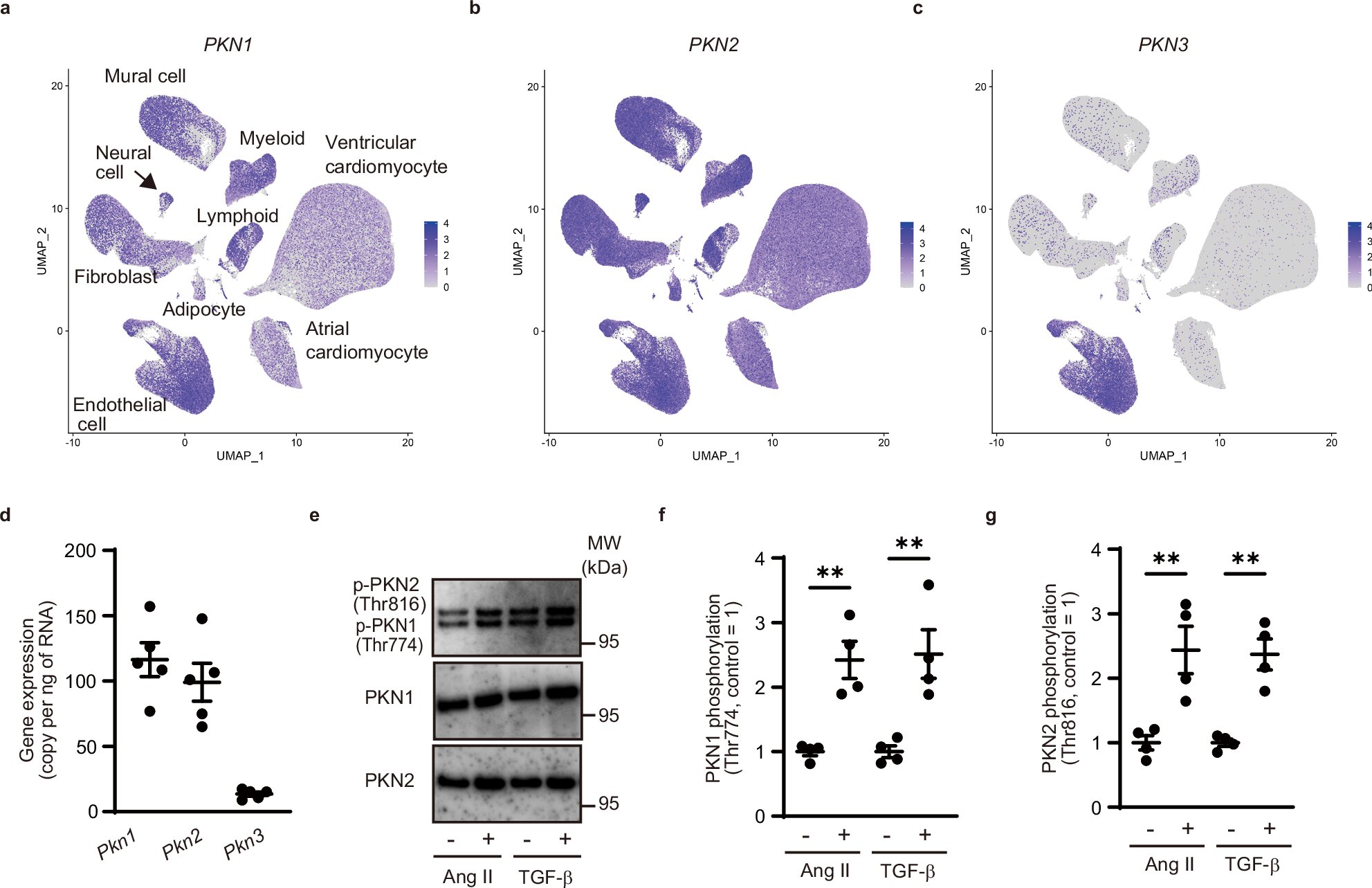
Physician-scientists from the University of Alabama at Birmingham Marnix E. Heersink School of Medicine have new insights into the role of genetic risk scores in guiding treatment for hypertension, or high blood pressure.
The study, published in Mayo Clinic Proceedings, examines the application of the systolic blood pressure polygenic risk score in guiding the personalization of treatment strategies for patients with elevated blood pressure or stage 1 hypertension.
Hypertension remains a leading cause of cardiovascular disease. Genetic predispositions account for a significant portion of blood pressure variability. This study investigates how genetic risk scores can enhance a patient’s risk assessment and tailor treatments.
The research, led by Naman Shetty, M.D., and colleagues, analyzed data from more than 5,000 participants. The genetic predisposition to hypertension was quantified using a previously validated systolic blood pressure polygenic risk score. The findings revealed that the SBP PRS was instrumental in classifying patients’ risks of adverse cardiovascular events, such as coronary heart disease, heart failure and stroke.
Prior research led by Pankaj Arora, M.D., the senior author of the current work and physician-scientist at the UAB Cardiovascular Institute, demonstrated that coronary artery calcium scores were instrumental in guiding the initiation of antihypertensive therapy. Based on prior work with CAC scores, Arora and his team examined whether using both the SBP PRS and CAC scores would further improve risk stratification to guide initiation of treatment of hypertension.
“Our study highlights the importance of a nuanced approach to hypertension management,” Shetty said. “By incorporating both genetic and CAC data, we can more precisely identify those at increased risk and adjust treatment plans accordingly.”
“This research demonstrates how integrating genetic and imaging information enables a more personalized approach to medicine,” Arora said. “By identifying high-risk patients more accurately, we can intervene earlier and more effectively to prevent serious cardiovascular complications.”
Arora says this study, supported by the National Institutes of Health, marks a significant step forward in personalized health care and precision medicine, underscoring the potential of combining genetic insights with imaging biomarkers to optimize hypertension treatment strategies.
More information:
Naman S. Shetty et al, Genetic Risk and Coronary Artery Calcium in Personalizing Antihypertensive Treatment: A Pooled Cohort Analysis, Mayo Clinic Proceedings (2024). DOI: 10.1016/j.mayocp.2023.12.020
Citation:
Study uncovers the role of polygenic risk scores in hypertension management (2024, September 30)
retrieved 7 October 2024
from https://medicalxpress.com/news/2024-09-uncovers-role-polygenic-scores-hypertension.html
This document is subject to copyright. Apart from any fair dealing for the purpose of private study or research, no
part may be reproduced without the written permission. The content is provided for information purposes only.


